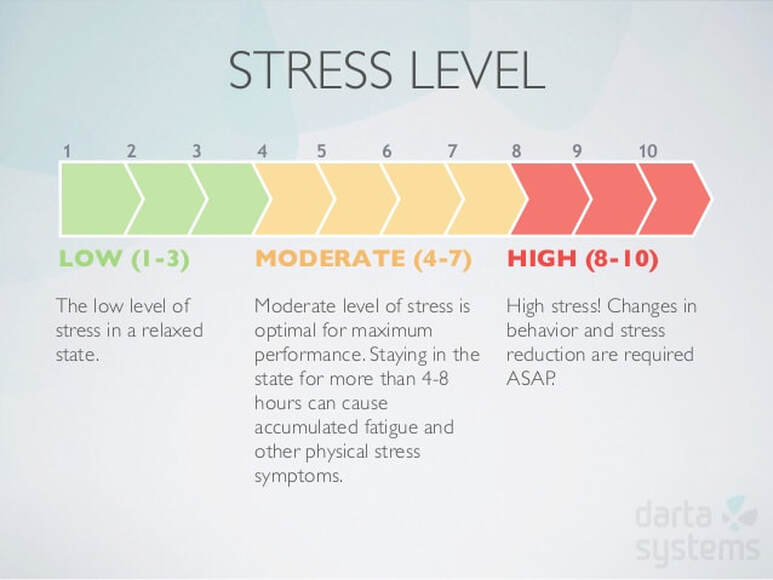There are still many myths and falsehoods around tobacco that it is important to tear down, so as not to fall into false arguments that lead us to continue with this bad health habit.
“I can quit whenever I want.” “Quitting smoking makes you fat.” “It’s okay, I just smoke rolling or pipe cigarettes.” What is behind all those phrases that you have surely heard more than one smoker say? Today there are still many urban legends about tobacco that it is important to tear down. In order not to fall into false arguments that lead us to continue with this bad health habit, on the occasion of World Lung Cancer Day, we dismantle some of the most frequent misbeliefs about tobacco.
Quitting smoking is a step that requires a lot of willpower and, as such, sometimes our mind gets carried away by information or excuses to re-establish the habit. If we think about it, the act of smoking has been a socially accepted habit for many years, while the information about how harmful tobacco is is relatively more recent. For this reason, there are still many myths and falsehoods around tobacco that it is important to tear down, so as not to fall into false arguments that lead us to continue with this bad health habit. On the occasion of World Lung Cancer Day, we disassemble some of the most frequent to get out of self-deception.
1. People get sick, but I don’t have to suffer the consequences of tobacco
Even if we see the news every day or the photos of the packs, we continue to think that, even if tobacco is bad, that does not have to be the case for us. However, the figures say something quite different. According to data collected at the AECC Cancer Observatory, tobacco kills up to half of its consumers. In absolute numbers, this means that every year seven million people in the world die from direct or indirect consumption of tobacco. Specifically, in Spain, tobacco causes more than 50,000 deaths, which represents 13% of total annual deaths.
Beyond mortality figures, it is also important to know how tobacco affects the quality of life:
In active male smokers, tobacco consumption affects the appearance not only of lung cancer , but also of the larynx, stomach, kidney, and bladder. In addition, it poses a greater risk of cardiovascular problems and problems such as sexual impotence and infertility.
Likewise, in women, it also influences the appearance of cervical cancer. Likewise, tobacco use is related to other pathologies such as osteoporosis, the advancement of the age of menopause, the loss of skin elasticity, with a greater risk of infertility and spontaneous abortions.
2. Tobacco is not bad, it has always been smoked
Another false myth about tobacco is to think that the cigarette is composed only of the agricultural product processed from the leaves of Nicotiana tabacum. Thus, we fall into the false idea that what comes from nature does not have to be so bad. Actually, the smoke from the combustion of tobacco (cigarettes, cigars, pipes) is made up of some 4,000 different substances: 69 of them highly toxic and carcinogenic.
To highlight the impact of some of these products on our body, first of all, we should mention the effects of nicotine , which is also responsible for the physical dependence on tobacco. It increases blood pressure, heart rate and glycemia, that is, blood sugar. Other products present in a cigarette are hydrogen cyanide (a poison used in gas chambers), cadmium (also used in batteries), arsenic (present in products such as rat poison), methanol (used in gasoline to rockets), butane (found in gas for lighters), or carbon monoxide, a toxic gas that is released in the combustion of tobacco and the paper that wraps cigarettes.
3. Smoking is my decision
When we consider starting to smoke or quitting, we feel that this is a totally individual decision, when in reality this is another false myth. Our decision to smoke affects others.
Without going any further, to passive smokers, who are also exposed to air polluted by tobacco smoke (ACHT), in public places or in their own homes. And it is that many times we are unaware that ACHT is even more harmful than the smoke inhaled by the smoker because it contains higher concentrations of harmful substances.
This problem is even more alarming in the case of children who are forced to be passive smokers. Thus, it has been shown that the children of smoking parents suffer from respiratory infections, asthma attacks and otitis in a greater proportion than the children of non-smoking parents.
4. I can quit whenever I want
When the decision to quit smoking is postponed, it is often argued that it is actually something that can be stopped at any time, but the reality is that quitting this habit, without help, is not that easy. According to data from the Spanish Association Against Cancer (AECC), 70% of smokers want to quit, although only 10% of those who try succeed each year. The good news is that professional support can increase the chances of quitting smoking 10 times compared to the smoker’s isolated personal effort (from 3% to 30%).
Currently, there are different treatments to support smokers who want to quit smoking, such as nicotine replacement therapy, psychological therapy, and combined therapy (which combines medical and psychological support). Likewise, specific drugs are already available for this purpose, such as bupropion, an antidepressant that acts on the brain structures where addiction occurs, and varenicline, a drug that acts specifically on the brain structures that receive nicotine.
It is clear that quitting smoking is not easy, so the best advice we can give is that the important thing is not to start smoking. However, 9.8% of young people between the ages of 14 and 18 smoke daily, according to the ‘Survey on drug use in secondary education in Spain (2018/2019)’.
If you wish, you can download our AECC guide to quitting smoking.
5. The electronic cigarette is healthier
There are more and more people who, with the intention of quitting smoking, begin to opt for alternatives such as electronic cigarettes.
The reality is that smokers who substitute tobacco for electronic cigarettes continue to use the same gestures and “vape” in the same situations as when they smoked. In this way, it is easier for there to be a relapse in tobacco use by maintaining psychological dependence, and more difficult to achieve the main objective: leaving behind the life of a smoker.
Another added problem, given these “new ways of smoking”, is that electronic cigarette has begun to be consumed among young non-smokers, which increases the risk that they will start using tobacco.
6. It’s okay, I only smoke rolling or pipe cigarettes
Although the electronic cigarette option is more recent, years ago there were many smokers who switched to other alternatives, such as rolling tobacco, or who kept smoking pipes, considering it healthier.
The first false myth to banish is that rolling tobacco is healthier. The reality is that it is more addictive and more toxic than the industrial tobacco cigarette. It contains more carbon monoxide and nicotine, in addition to the fact that smoking this type of cigarette has been shown to increase the risk of developing cancer of the larynx, esophagus, pharynx, and mouth.
Similarly, many people are unaware that water pipes, hookah or shisha can pose an even greater risk to health than smoking cigarettes. The reason is that they work with a carbon-based combustion system, which produces carbon monoxide, tar, nicotine, metals and other toxins, even after being in contact with water, which does not filter them. At the same time, smoking a hookah draws in and emits greater amounts of smoke than when smoking an industrial cigarette.
7. Quitting makes you fat
Finally, one of the most typical excuses for not quitting smoking is that giving up this habit is associated with weight gain. This idea has its nuances.
On the one hand, it is true that when you quit smoking, your metabolic rate, which is increased by cigarette smoking, returns to normal. So, yes, there is a risk of gaining weight, the average being a gain of about three kilos. When this weight gain is greater, it is because the bad habit of smoking is replaced by bad eating habits, a problem that must be addressed, and that of course has a solution.
However, what must be made clear is that moderate weight gain is always healthier than the negative effects produced by tobacco.








